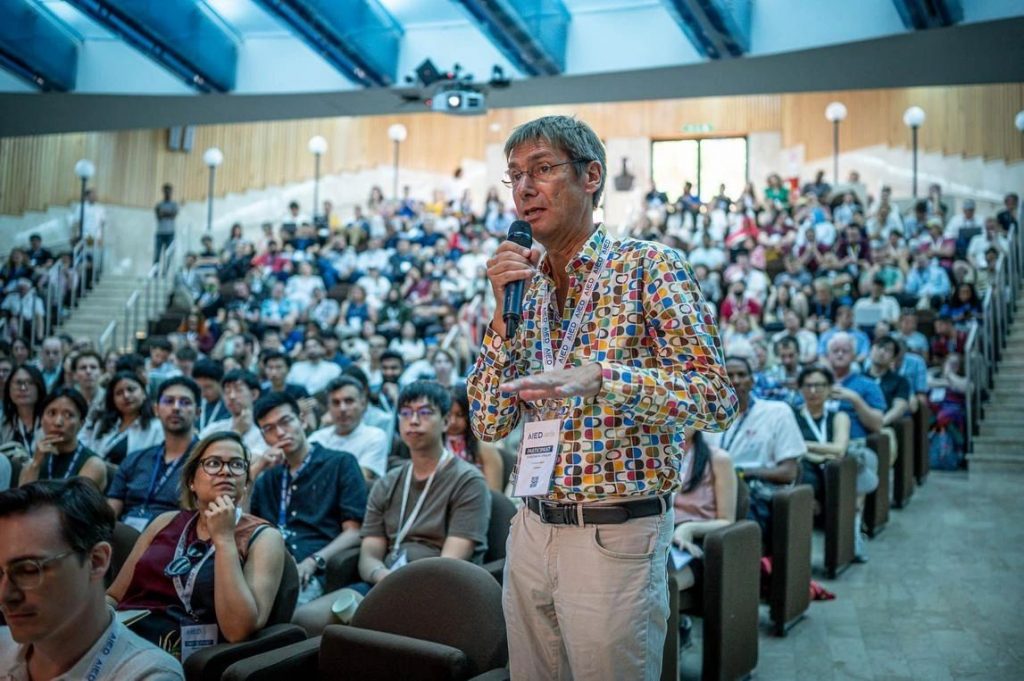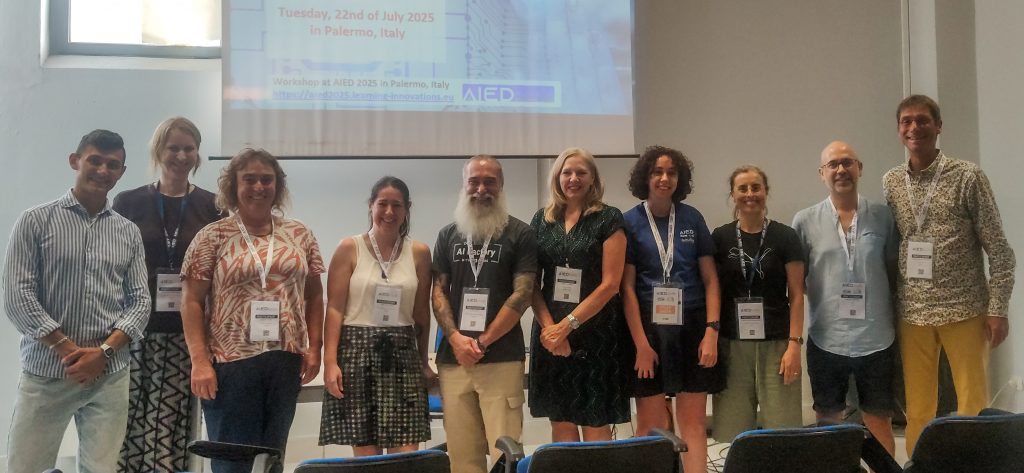Published now:
The Manifesto for Teaching & Learning in a Time of Generative AI: A Critical Collective Stance to Navigate the Future
Generative AI is reshaping higher education, offering tools to personalize learning, boost efficiency, and expand accessibility. But beneath the surface, it raises profound questions:
- How do we maintain human oversight in algorithm-driven systems?
- Are we safeguarding equity and amplifying diverse voices – or reinforcing biases?
- How can we ensure that GenAI enhances, rather than erodes, creativity, critical thinking, and empathy in education?
This manifesto calls for thoughtful, evidence-based action to ensure GenAI empowers, rather than diminishes, our collective agency in education. Let’s reimagine the future of learning – ethically and inclusively.
📖 Read more: https://doi.org/10.55982/openpraxis.16.4.777
Written together with:
Aras Bozkurt , Junhong Xiao , Robert Farrow , John Bai , Chrissi Nerantzi , Stephanie L. Moore , Jon Dron , Christian M. Stracke , Lenandlar Singh , Helen Crompton , Apostolos Koutropoulos , Evgenii Terentev , Angelica Pazurek , Mark Nichols , Alexander Sidorkin , Eamon Costello , Steve Watson , Dónal Mulligan , Sarah Honeychurch , Charles Hodges , Mike Sharples , Andrew Swindell , Isak Frumin , Ahmed Tlili , Patricia J Slagter van Tryon , Melissa Bond , Maha Bali , Jing Leng , Kai Zang , Mutlu Cukurova , Thomas Chiu , Kyungmee Lee , Stefan Hrastinski, Manuel B. Garcia , Ramesh Sharma , Bryan Alexander , Olaf Zawacki-Richter , Henk Huijser , Petar Jandric , Chanjin Zhen , Peter Shea , Josep M Duart , Chryssa Themelis , Anton Vorochkov , Sunagül Sani Bozkurt , Rob Moore , Tutaleni I. Asino

